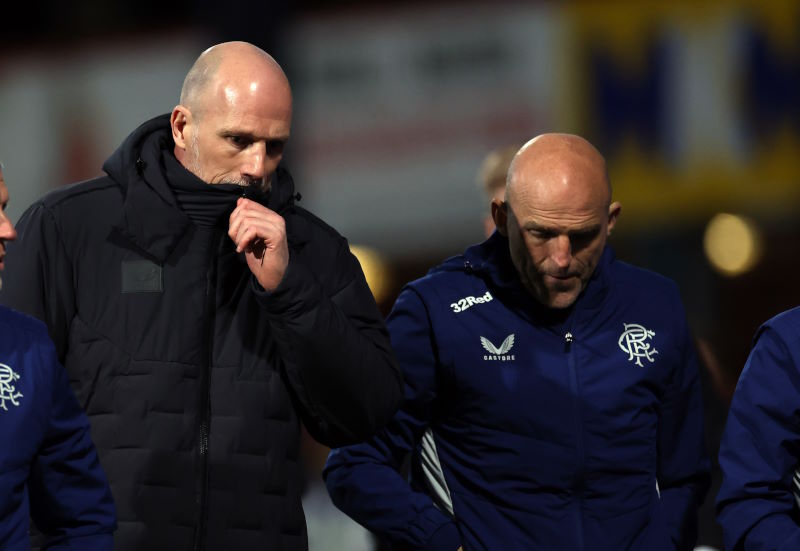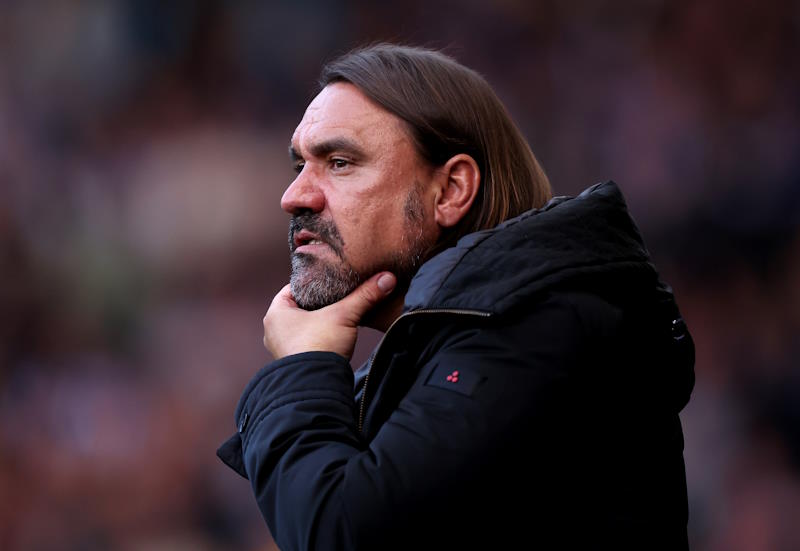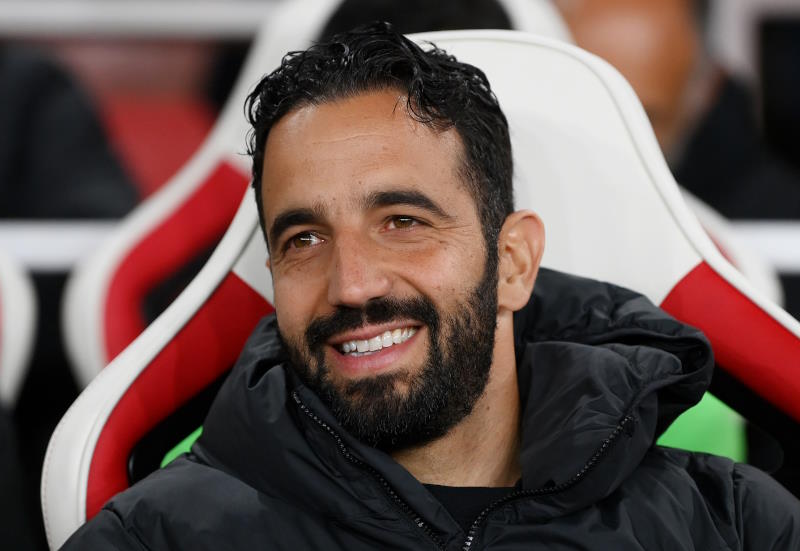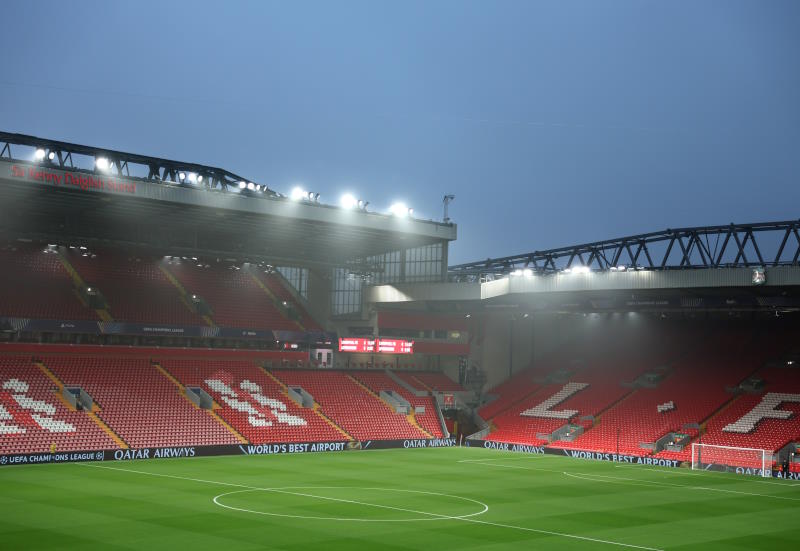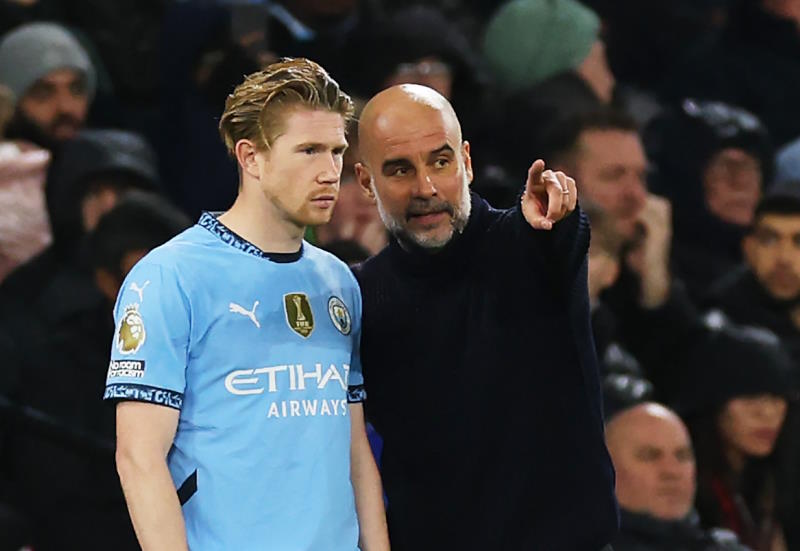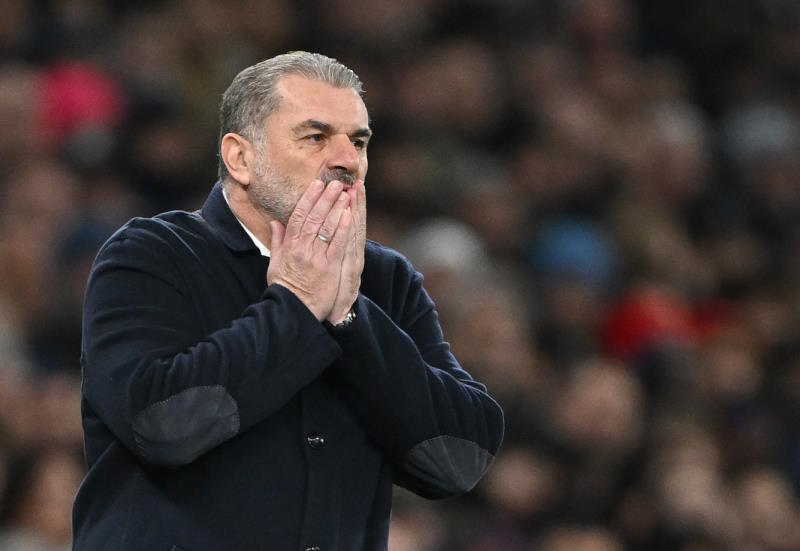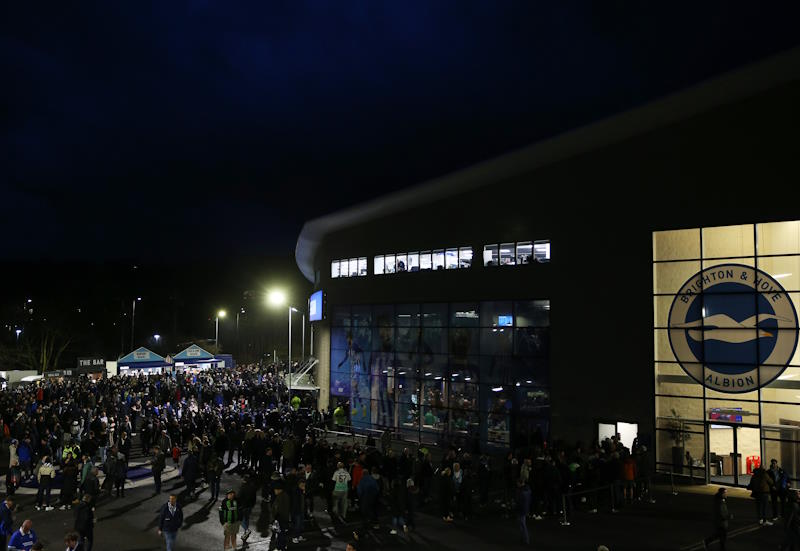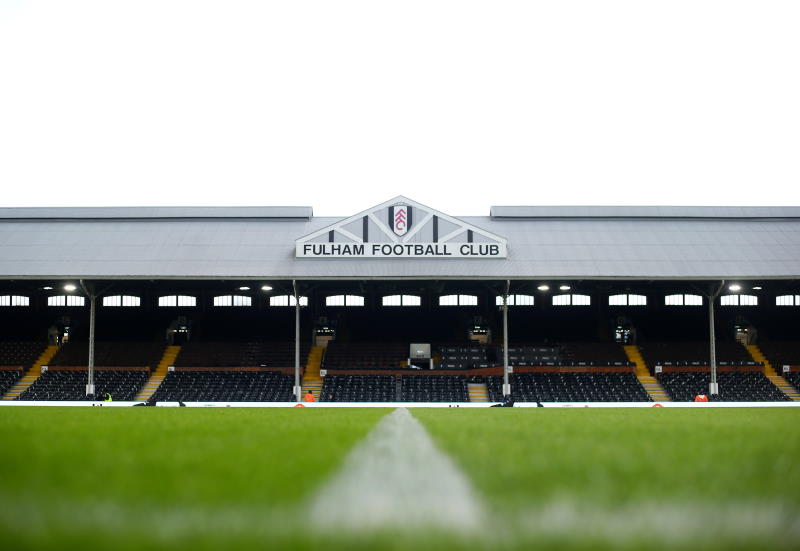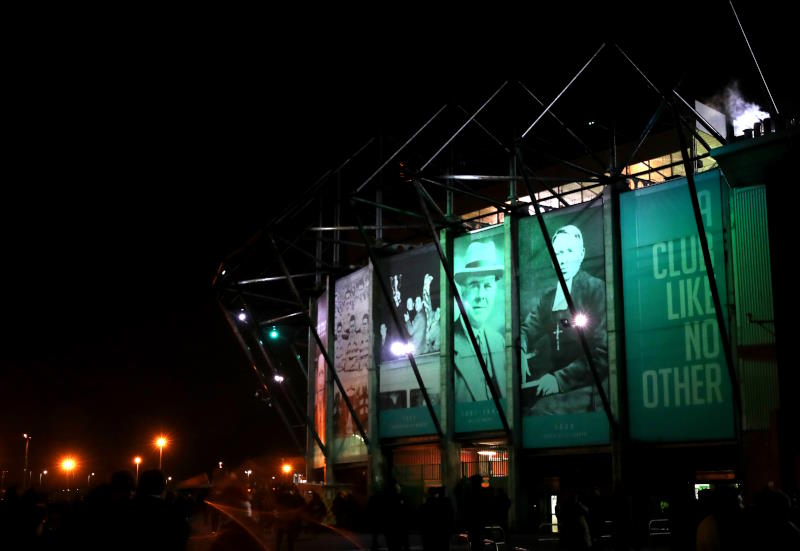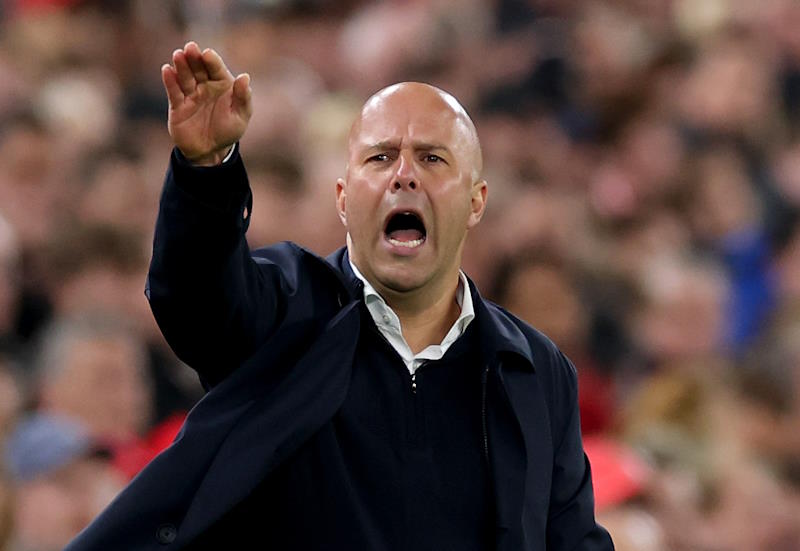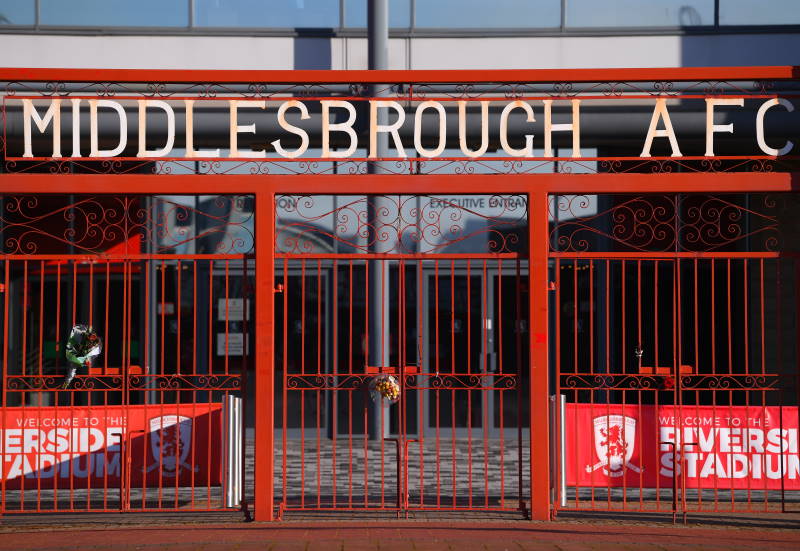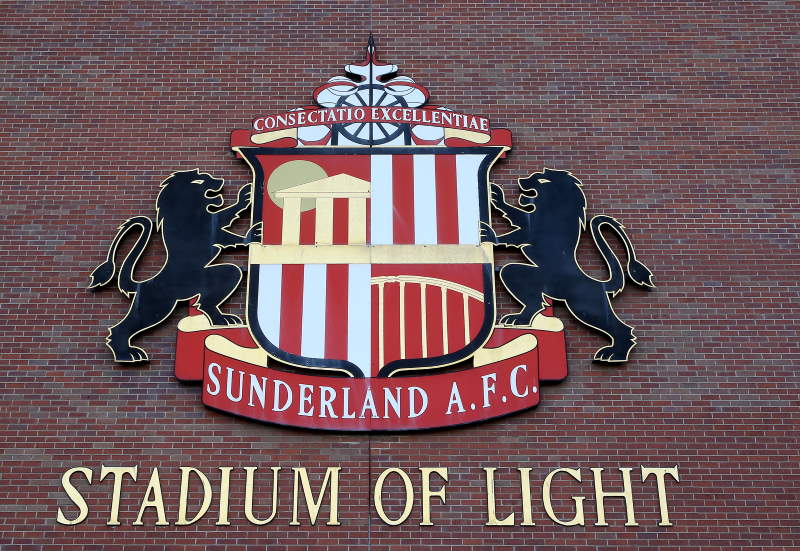 [kalooga-img]
[kalooga-img]
Defeat to Bayern Munich at home in the Champions League means it is almost certain that Arsenal will not lift silverware for the eighth season in a row. The 3-1 humbling at home to the vastly superior Bundesliga leaders deepened the sense of despondency at the Emirates Stadium, just days after a shock FA Cup defeat to second tier side Blackburn Rovers.
The spotlight is very much back on the club, with questions over manager Arsene Wenger’s future being asked. Crisis talk has returned, along with doubts over Wenger and Arsenal’s direction becoming more pronounced.
It is strange to ask such questions about a man who is almost certainly the greatest manager in the club’s history. Wenger has taken Arsenal and made them into a genuine world force, with a world-class stadium, installed an exciting playing style and produced the ‘Invincibles’ who went through the 2003/04 season without losing a single Premier League game. However, doubts are growing that Wenger’s ways, his style and his management are in danger of being left behind.
Ironically, the opposite may actually be true, and accelerating Arsenal’s decline. When Wenger arrived, he transformed the way Arsenal were trained, coached and fed. The methodological way in which the Frenchman approached his work was revolutionary and placed him and Arsenal ahead of the rest. The style of football was ahead of the pack too, as was the scouting. Wenger had the pick of the best young talents coming through, with his rivals unaware of where to even look. He also insisted that unrestrained spending could not go on forever, and even though there are serious doubts about UEFA’s new financial fair play regulations, the signs are that Arsenal’s domestic rivals are cutting back, as he said they would.
Arsenal’s problems are a consequence of the competition having caught up, in no small part thanks to those billions that have poured into the Premier League in the last decade. Now every side has a scouting network to rival Arsenal’s, each team treats training with equal seriousness, and even their playing style has been copied. Where once teams like Bolton Wanderers, Charlton or Wimbledon were spoilers, classic English sides who relied on strength and fight to compete, now they have been replaced by Swanseas and Southamptons. The teams at the top, from Chelsea to Manchester City, are increasingly trying to emulate the ‘tiki-taka’ revolution of rapid, high pressing possession-based football that Barcelona have popularised. All of the things that put Arsenal ahead of the curve are no longer unique to the Gunners in England.
Indeed whilst the competition were catching up, Arsenal embarked on a costly and ultimately futile experiment to bring through an entire generation of youngsters to dominate for years to come, much like the Ajax team of 1995. Like that Ajax side, the team was swiftly broken up by rich clubs preying on their best talent. Unlike the Dutch giants though, Arsenal’s new generation did not manage to win a trophy of any sort.
That trophy drought is the root cause of the current dissatisfaction, but it does seem a little strange. By Sunday, fourth tier Bradford City could have picked up the League Cup and thus become the latest side to have won more than Arsenal in the last eight years. Whilst nothing other than praise can be heaped on Bradford, that fact surely illustrates that the importance placed on winning a domestic cup is grossly exaggerated. Everton have not won anything since 1995. Are they in a worse position than Championship side Birmingham, who beat Arsenal to win the League Cup in 2011? Last year Chelsea won the Champions League, although they were not even the fifth best team in England, let alone Europe. The Premier League always has been, and remains, the best measure to judge a team, as it is the most reliable indicator of consistent achievement. To pass judgment on this season without seeing where Arsenal finish in the Premier League would be a fundamental mistake, and the media obsession with trophies is more than a tad superficial. Some trophies are more equal than others, George Orwell would probably have said.
For this reason and more, for all of their current problems, Wenger deserves the benefit of the doubt and more time. It was naïve to think that he could build a winning team without players experienced in the biggest games. It was also wishful thinking to imagine Cesc Fabregas would not want to return home to the best team in the world. As Fabregas left, following a disappointing season which had actually promised much, and in which Arsenal had been half an hour away from knocking Barcelona out of the Champions League, so did Samir Nasri and Gael Clichy, as the experiment unravelled. Last year was a transitional season, with Wenger reverting to the tested methods of bringing in experienced faces such as Mikel Arteta and Per Mertesacker to steady the ship. To his credit the ship was steadied with a third-place finish, albeit without a trophy again, but then came the hammer blow of losing Robin van Persie.
As a result, another big shake-up was required and this season became another transitional campaign. Unfortunately for the current side, they carry the burdens of previous teams, with the English media never missing an opportunity to remind them how long it has been since Arsenal last won a trophy. The likes of Olivier Giroud, Santi Cazorla, Mikel Arteta and Lukas Podolski are not the cause of Arsenal’s problems, and could yet be the answer, but are subjected to a torrent of abuse from Arsenal fans frustrated about what happened before their arrival in North London. The ire may really be aimed at Wenger, but the players feel it too. And Arsenal’s fans have been treated to such heights in recent years that their expectations are probably too high. No team has a God given right to a trophy and a club of Arsenal’s standing and finances cannot seriously expect to compete on a par with Manchester United every season.
The other major problem is a lack of depth in the squad. The first eleven is of reasonable quality, but beneath the surface are players such as Andrei Arshavin, Gervinho, Sebastien Squillaci and Andre Santos, who are not good enough to play at the top level. Manchester United’s first eleven are not the best in the Premier League, arguably, but their squad is, and Sir Alex Ferguson is the master of rotation. And because Manchester United have about 20 players they can call upon, who are good enough to play for a title challenging team, they can rotate, keep players fresh to compete on multiple fronts. This is the major difference between Arsenal and Manchester United.
Wenger does realise this and is planning an overhaul this summer. But unlike previous years, there is no major star set to leave this time. France right-back Bacary Sagna will probably go, but he hardly constitutes a major loss given his performances of late. This is Wenger’s third major period as Arsenal manager, following the failure of the youth experiment, and the Frenchman has worked tirelessly to reconstruct his ailing team. He has made mistakes with some signings, as he has with allowing star players to leave, but there is now a real opportunity, with a substantial war chest available, to finally create a stable team. It would ultimately be unfair to judge Wenger’s current side without giving him a full opportunity to finish his rebuilding. He may fail anyway, but then so might any short-term replacement. And for all that Wenger has done for Arsenal, that is surely the least he deserves.
Betting on football? Check out Inside Bet before you bet!
[kalooga-article]

